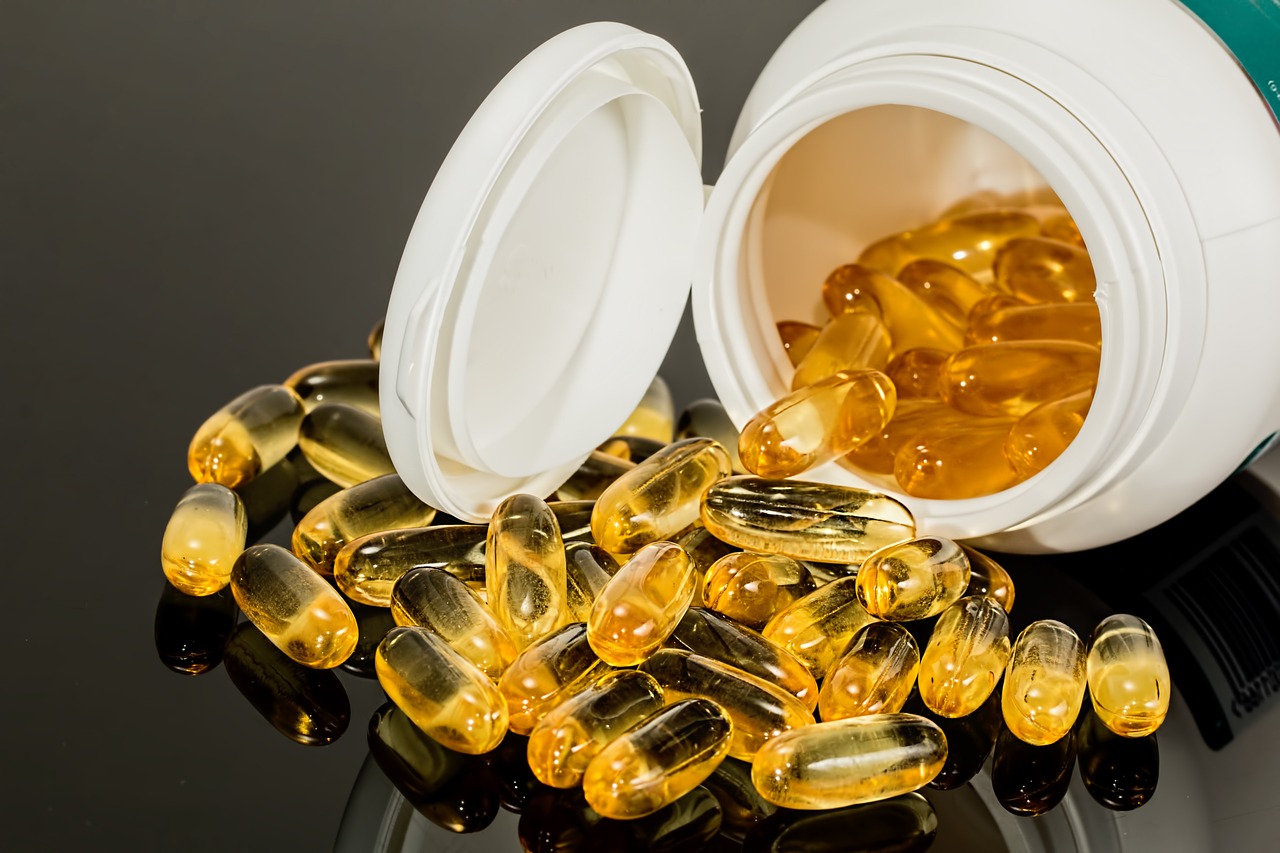Diabetes breakthrough: Fish oil could reverse insulin resistance, new study shows

Conducted on rats that exhibited a condition similar to type 2 diabetes, characterised by high blood sugar levels and impaired insulin effectiveness, the study found that fish oil supplementation could be a game-changer, even for non-obese individuals who suffer from insulin resistance.
A groundbreaking Brazilian study has revealed that fish oil could offer a potential solution for reversing insulin resistance, a key factor in type 2 diabetes.
Insulin resistance is a complex condition in which your body does not respond to insulin. Insulin is a hormone your pancreas makes, that is essential for regulating blood sugar levels.
More To Read
- How fake medication is a problem across the world
- Most packaged foods in Kenya need health warning labels - report
- Six foods you should include in your diet if you are diabetic
- Expert tips on how to cope with diabetic foot pain
- Diabetes crisis: Why eating after 5pm could harm glucose metabolism
- Kenya faces growing crisis of untreated diabetes cases, WHO study says
Several genetic and lifestyle factors can contribute to insulin resistance.
The research, which was published in Nutrients, suggests that the omega-3 fatty acids found in fish oil can improve glucose tolerance and reduce insulin resistance by influencing the body's inflammatory response.
Conducted on rats that exhibited a condition similar to type 2 diabetes, characterised by high blood sugar levels and impaired insulin effectiveness, the study found that fish oil supplementation could be a game-changer, even for non-obese individuals who suffer from insulin resistance.
While obesity is a well-known risk factor for diabetes, about 10-20 per cent of diabetes patients worldwide are non-obese, and this new research shines light on potential treatments for this overlooked group.
How the study was conducted
The study, funded by FAPESP, involved giving rats 2 grams of fish oil per kilogram of body weight, equivalent to 540 mg of eicosapentaenoic acid (EPA) and 100 mg of docosahexaenoic acid (DHA) three times per week for eight weeks.
The results were striking. Not only did the rats experience a reduction in insulin resistance, but they also saw improvements in blood sugar levels, inflammatory markers, and lipid features, including total cholesterol, ldl (bad cholesterol), and triglycerides.
Rui Curi, the lead researcher and director of the Butantan Institute's education center, said that omega-3 fatty acids, long recommended for those with cardiovascular diseases and type 2 diabetes, have shown promise in addressing insulin resistance.
However, their impact on non-obese individuals was poorly understood, until now.
The study also highlighted how omega-3 fatty acids can modulate the inflammatory response in the body.
In non-obese rats with insulin resistance, researchers observed that fish oil supplementation shifted the inflammatory profile of lymphocytes (white blood cells) from a pro-inflammatory state to an anti-inflammatory state, improving the overall immune response.
What it means for humans with diabetes
This shift mirrors the impact seen in obese individuals with insulin resistance who also benefit from omega-3 supplementation.
"These findings provide a better understanding of how inflammation plays a crucial role in insulin resistance, even in the absence of obesity," said Renata Gorjão, the study's co-author.
"Omega-3 fatty acids appear to reverse specific immune cell alterations, reducing inflammation and improving insulin sensitivity."
The results, while promising, the researchers emphasize that further studies are needed to confirm these effects in humans.
In the trials, they will identify the optimal dose and the most effective type of omega-3 fatty acids for people with insulin resistance.
For individuals looking for a potential supplement to help manage their condition, this discovery underscores the importance of omega-3-rich foods like fish, and possibly fish oil supplements, in tackling insulin resistance.
There are other sources of omega-3, like chia seeds, flax seeds, cod liver, salmon, omena (sardines) and shellfish.
Top Stories Today















































